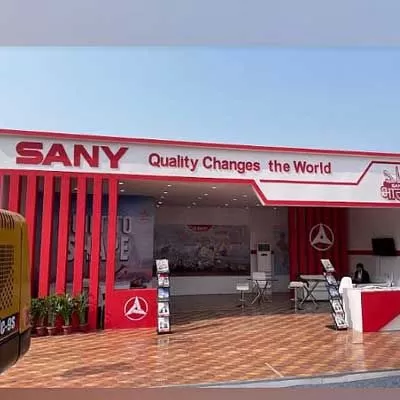
The Workspace Revolution
Here are three factors that are driving the change for the workspace revolution.<br /> It was once a given that office working had a set structure - a company would lease or buy a central office space, and its employees would commute to and from this location daily. <p></p> <p> But the way we think about office working has changed. </p> <p> <span style="font-weight: bold;">The trio driving forces</span><br /> More and more companies are beginning to see the benefits of flexible working. Not only that, but the wider way we think about work and productivity has been changing too. There is a trio of driving forces that has shifted the way we think about office space, and it is these factors that are driving the workspace revolution. </p> <p>First, there is a rapid acceleration in the level of technology we use when working. What's more, this technology is become much more widespread. Within two years, 80 per cent of the world's population will own a smartphone - it is becoming increasingly easier for a person to plug in and work from anywhere. </p> <p>Second, workers are aware of this rapid change. They know they can work anywhere, so why should they commute for two hours each day? It is no surprise that in a recent survey, 69 per cent of interviewees said they would trade other working benefits for a workspace that was both closer to home and better equipped. Third, businesses are increasingly aware that having a good flexible working strategy can help them to secure the best talent. They also increasingly understand the financial and strategic advantages flexible workspace brings - it cuts real estate costs and allows businesses to concentrate on their bottom line rather than being forced into also becoming a property management firm. </p> <p> <span style="font-weight: bold;">Flexible working</span><br /> The conclusion that businesses arrive at when they become aware of these factors is simple - switch to flexible working. The benefits are clear.</p> <p> With flexible working, you can move people into a new market and then take them out again. </p> <p>You can place your employees close to your suppliers. And you can do all of this without committing to long leases and expensive relocation costs. And most importantly, you can shift the management of these properties to an external supplier. </p> <p>That is where Regus comes in. <br /> An unparalleled network of office, co-working and meeting spaces means you can create a business presence in practically any city in the world. You only pay for the space you need, and there is no set-up costs or capital investment needed.<br /> It is a network designed to enhance productivity, where you instantly become part of a global community of 2.5 million like-minded professionals.<br /> The workspace revolution is here. Smart businesses have already made the switch.</p>
























